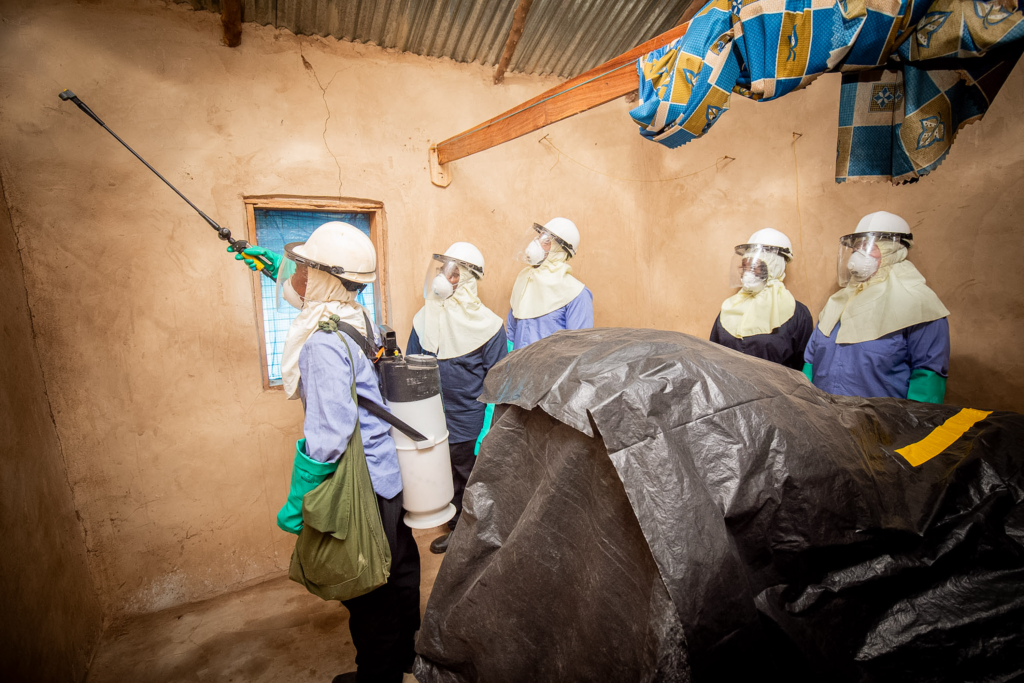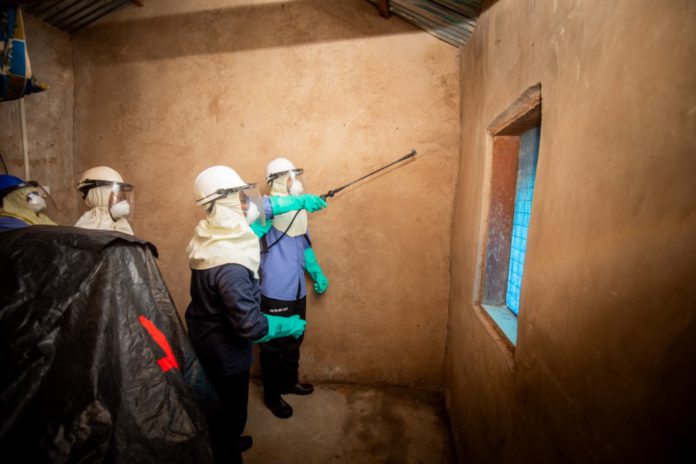The United States government, through the U.S. President’s Malaria Initiative (PMI), is allocating $6 million (¢87 million) to spray households against malaria-carrying mosquitoes in northern Ghana.
This indoor residual spraying (IRS) effort aims to significantly reduce malaria incidence in the region.
This year’s campaign successfully covered over 440,000 households across 10 districts in the Northern and North East Regions, protecting more than one million Ghanaians, including vulnerable groups such as pregnant women and children under five.
“This marks the 17th consecutive year of support from the U.S. President’s Malaria Initiative for Ghana’s IRS campaign,” noted U.S. Global Malaria Coordinator Dr. David Walton, who participated in this year’s campaign in the Kumbungu district.
“In addition to spraying, we are working with the Ghanaian government to provide bed nets, preventive treatments, malaria testing and treatment services, and trained health workers to manage malaria,” Dr Walton added.
Since 2008, the United States has contributed over $460 million (¢6.6 billion) to Ghana’s malaria response, leading to a significant reduction in infection rates.
Malaria prevalence in children under five dropped from 27.5 per cent in 2011 to 8.6 per cent in 2022.

In January 2024, Ghana launched its National Malaria Elimination Strategic Plan, to achieve near-zero malaria deaths by 2030. USAID and PMI fully support this ambitious plan.
As Ghana’s largest development partner, the United States provided over $90 million to Ghana’s health sector in 2023, supporting malaria, maternal, newborn, and child health, HIV, global health security, and more.
PMI, led by USAID and implemented in collaboration with the U.S. Centers for Disease Control and Prevention (CDC), continues to play a crucial role in fighting malaria in Ghana

